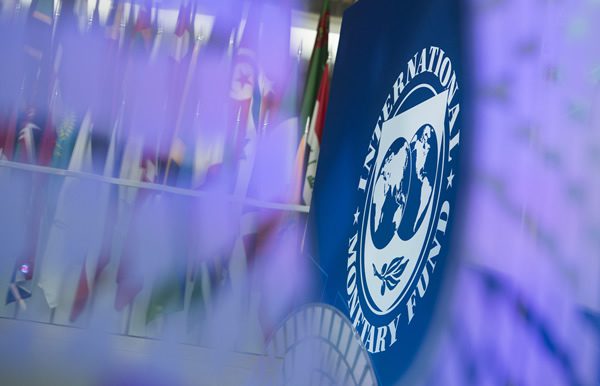The International Monetary Fund has urged Nigeria and other sub-Saharan African countries to raise investment in the education of their young people in order to enhance economic growth.
On Thursday, the IMF stated on its website that the demographic transition could be the largest opportunity for sub-Saharan African economies, but countries would need to make significant investments in education to reap the benefits.
The United Nations predicts that the population of the region will double to two billion by 2050.
Although sub-Saharan Africa has improved access to schools in recent decades, the outcomes still lag behind other developing economies and emerging markets, according to the fund.
The IMF reported that nearly 3 out of 10 school-age children do not attend school, and the completion rate for primary school students is around 65% compared to a global average of 87%.
Government spending on education in Sub-Saharan Africa is below the international recommendation of at least 4% of GDP, with the median education budget equal to about 3.5% of gross domestic product in 2020.
However, the IMF's recent analysis indicates that achieving universal primary and secondary school enrollment by 2030 may require doubling education expenditures as a share of GDP.
The fund emphasized that greater spending to improve access is important, as well as efforts to ensure efficient use of funds.
For the median country in sub-Saharan Africa, only 15% of students in primary and secondary school achieve more than the minimum learning outcome, while teacher training rates have declined steadily for two decades, the IMF stated.
The fund added that investment in education delivers clear long-term economic benefits that justify the cost.
Greater government spending on education offers economic advantages such as increased productivity and foreign direct investment, according to the latest Fiscal Monitor. Governments should protect education budgets despite funding constraints and implement best practices in public financial management to raise domestic revenue and ensure funds are well-spent.
The IMF also called for donors and international organizations to maintain or increase education funding support across the region.
The fund concluded that this will ensure the supply of a productive workforce that will be increasingly vital in a rapidly aging world and help the region become a dynamic source of new demand for consumption and investment.



